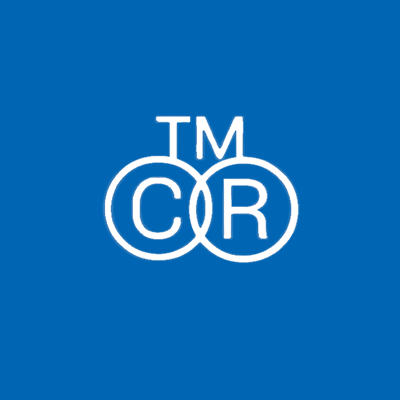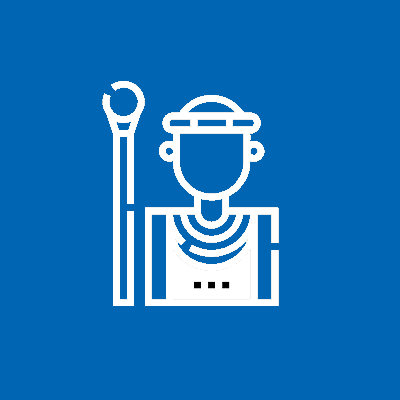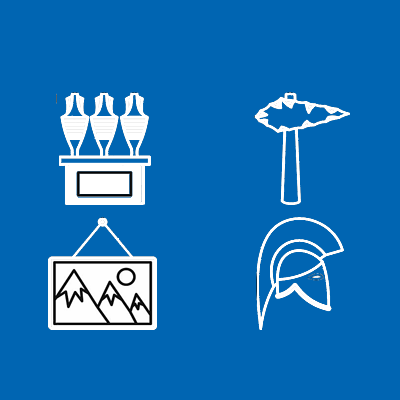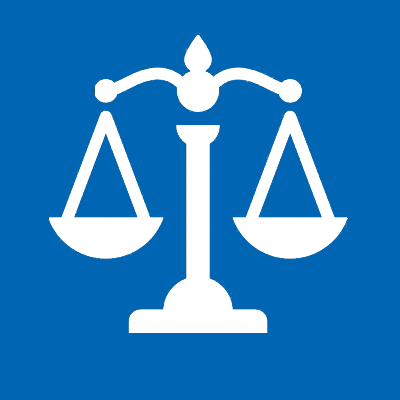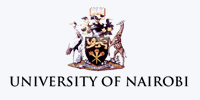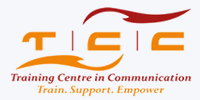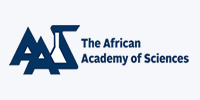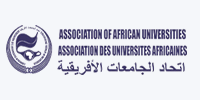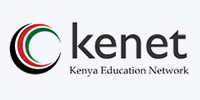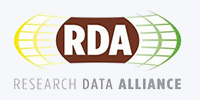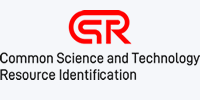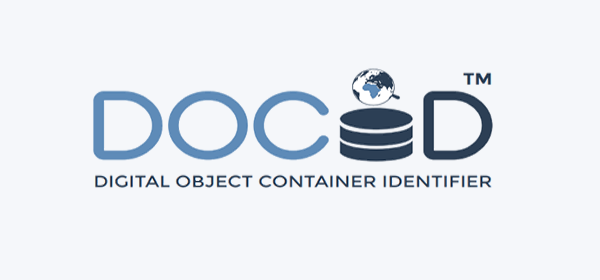
Considering the fast and growing need for scholarly data infrastructures in Africa, and the diverse economic development in the continent. The reality is that some universities can afford DOIs but not for all scholarly and research output, while the bulk of research content is in gray literature in Africa. Adding to that the unicity of what the APA RA would like to specialize in, which is indigenous knowledge and cultural heritage, and patent digital object containers.
The Africa PID Alliance is proposing a hybrid digital object identification that is needed to link local created handles (prefix 20.) and DOI created via DOI Foundation (prefix 10.).
For the case of patent, a digital object identifier container would help in consolidating DOIs and locally created handle iDs that can complement the dissemination of the full picture about the research lifecycle, innovation led to the patent, and related works, documents and media.
This multilinear data model is also applicable for the case of indigenous knowledge as it consolidates biocultural attributes and scientific data in one digital object container. Another aspect is interconnecting different types of objects to be digitized. Ceremonies are a good example as it shows the presence of multiple types of cultural heritage that needs to be preserved and identified digitally: textile art, song, dance, studies inspired from that, etc.. All this data can be identified either with locally created handles, or with DOIs. The objective is to have a digital object identifier container holding all this information.
A partnership and collaboration with existing registration agencies Crossref and Datacite is needed to bring more discovery to the APA RA DOIs.
APA RA infrastructure team, which includes KENET assigned contributors, data scientist co-authors, CORDRA and APA co-leaders has already started to meet and discuss the best approaches.

Patent Registration Objective
Patent Metadata Information can be used to identify and retrieve patents, as well as to understand the context and significance of a patent.

Cultural Heritage
APA’s mission and projects in disseminating multidisciplinary African research outputs are key in promoting infrastructure technology readiness and open research.

Indigenous Registration Objective
This refers to information that describes Indigenous Knowledge Resources, such as traditional stories, songs, dances, medicinal practices, and other cultural heritages.

Africa Research Output
APA’s mission and projects in disseminating multidisciplinary African research outputs are key in promoting infrastructure technology readiness and open research.












